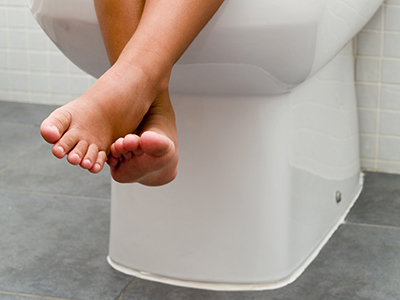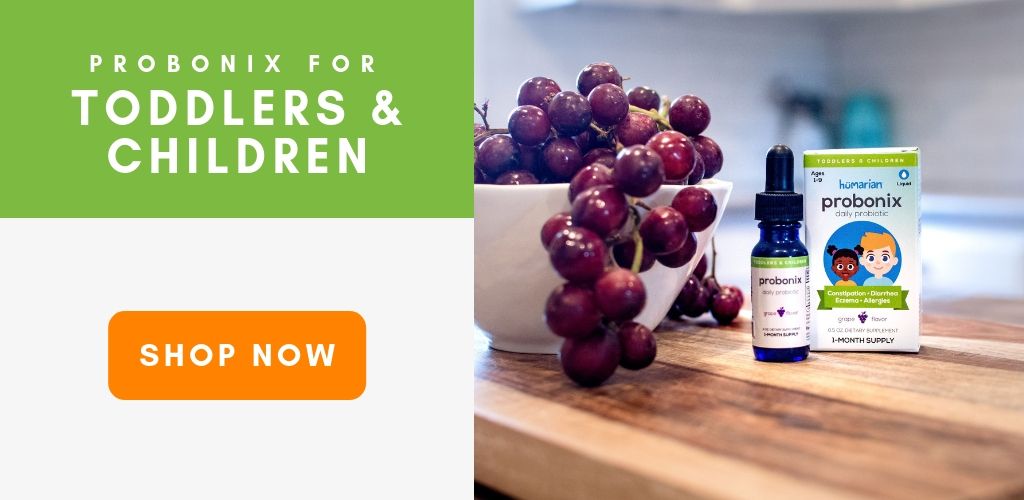At one time or another, every child experiences constipation. But if your child routinely exhibits symptoms such as straining and pain when going to the toilet, abdominal pain, stomach aches, soiling, or diarrhea, it could be a serious issue.
When your child is constipated, toxins are re-absorbed through the bowel and can lead to additional problems such as poor concentration, tiredness, bad breath, skin problems, muscle aches, headaches, and more.
Traditional constipation treatments don’t often work.
Laxatives help soften the stools to reduce the pain experienced when defecating (children with constipation usually avoid defecating). But only sixty percent of constipated children are able to achieve bowel regularity with laxatives. Other treatment options are, thus, required to deal with the problem.
Enter probiotics.
The use of probiotics is a logical suggestion since probiotics are central to a healthy gut. There are multitudes of studies that show the benefits of probiotics to the gastrointestinal system, and their effectiveness in treating conditions such as travelers’ diarrhea, IBD, and constipation.
Childhood constipation can affect a child’s digestion, weight, and everyday life. This makes it even more important to treat this problem and prevent it from recurring. If the constipation is hard to relieve and associated with a lot of blood or pain, see a health professional.
Talking to your child about the problems he might have may also help. Conveying concerns and getting reassurance will lessen the stress that may cause constipation.
And last, but not least, consider introducing healthy probiotics into your child’s daily diet to help alleviate constipation and its symptoms. Talk to your doctor for more information.
Want more nitty-gritty science details?
OK. Like we said, the colon’s peristalsis, or the contraction of the colon’s muscles, is influenced by the colonic microbiota. Researchers believe that constipation occurs when that colonic microbiota is out of balance. Probiotics like Lactobacilli and Bifidobacteria generate acetic, lactic and other acids that help lower pH in the colon. A lower pH level then reduces colonic transit time and improves the colon’s peristalsis (balance) which can contribute to the treatment of constipation.
Several studies, particularly in adults, researched the effects of fecal incontinence probiotics. Probiotic strains like B. infantis and L. shirota have been shown to help soften stools. They have also been shown to increase the frequency of defecation in adults with irritable bowel syndrome (IBS) or constipation. In a study conducted at the Zanjan University of Medical Sciences, the probiotic strain L. rhamnosus increased defecation occurrence and helped reduce abdominal pain.
While the differences in probiotics used, strains and doses make it difficult to precisely interpret study results, there is enough evidence to warrant further evaluation on the effects of probiotics on constipation. Right now, it is commonly believed that combining several strains of lactobacilli and bifidobacteria might result in an effective treatment for childhood constipation.
People who liked this blog also read these:



